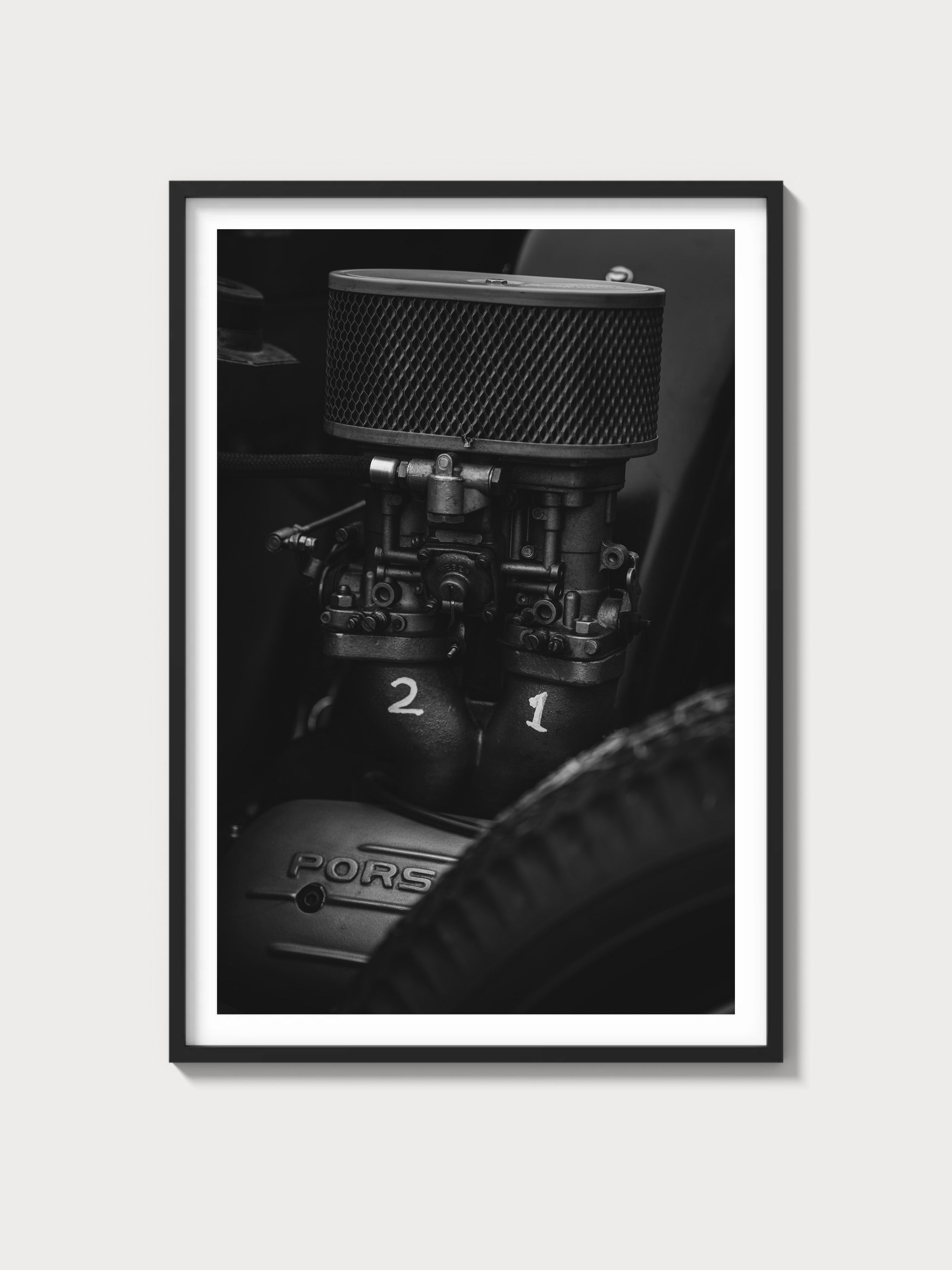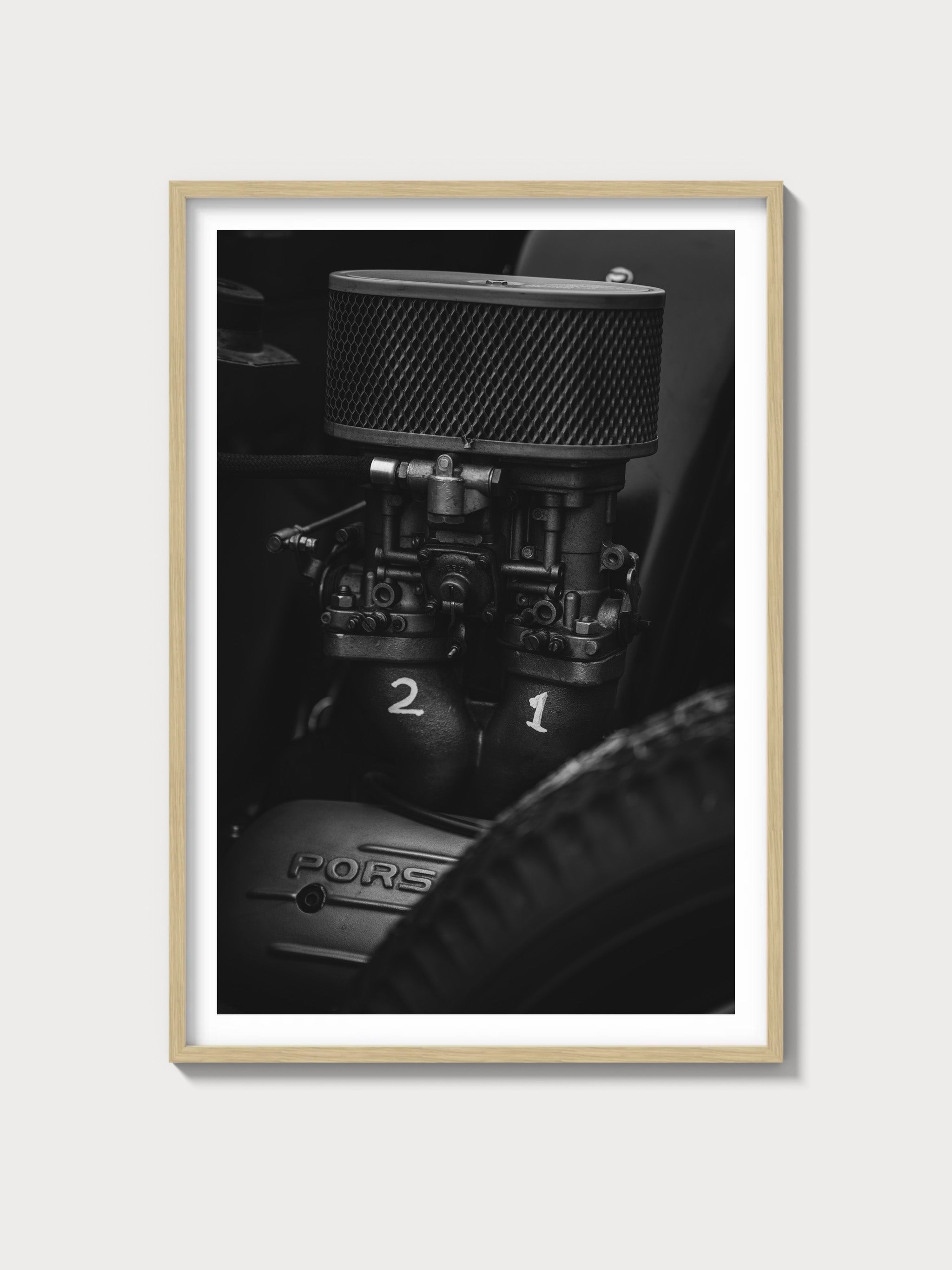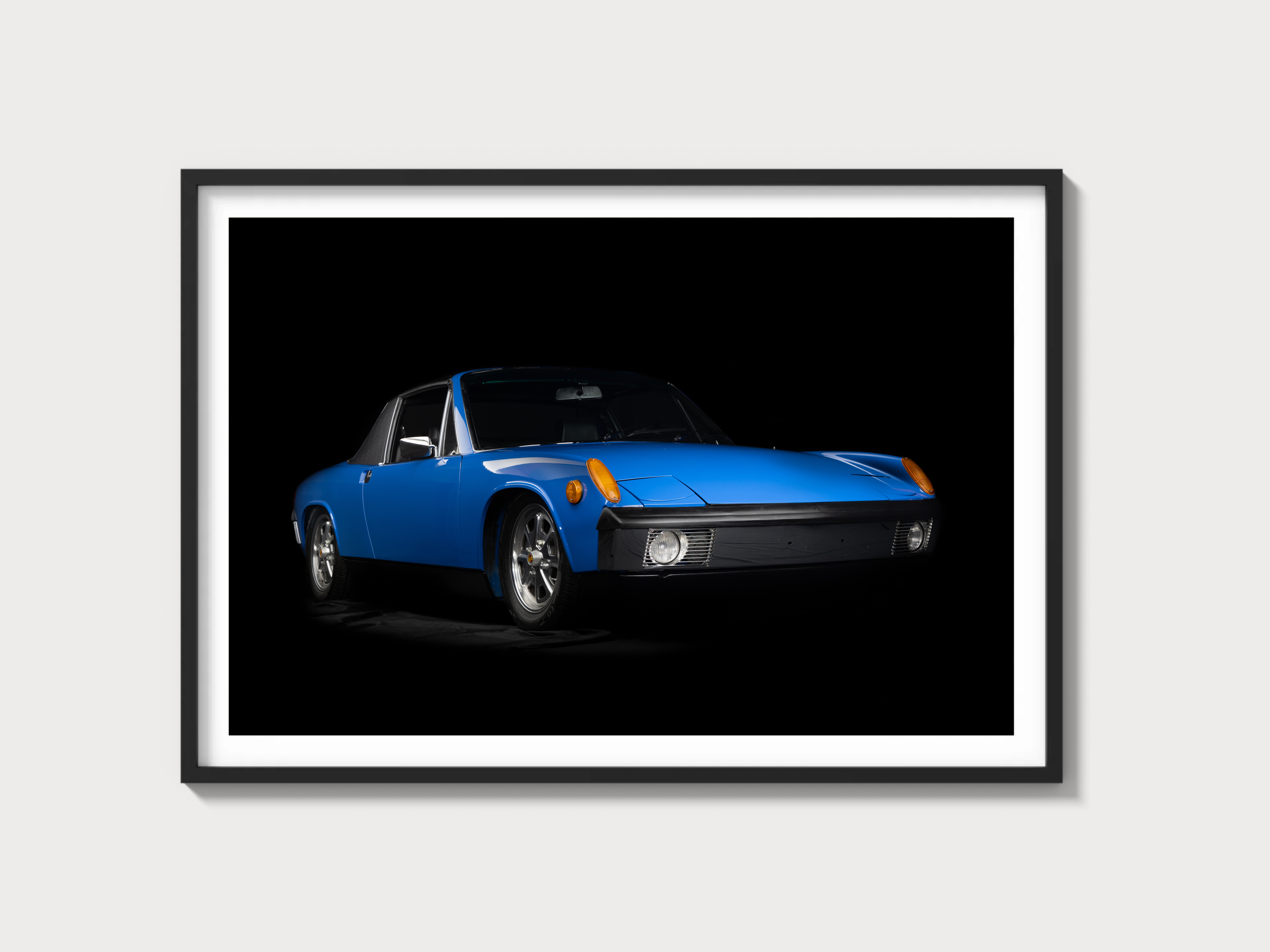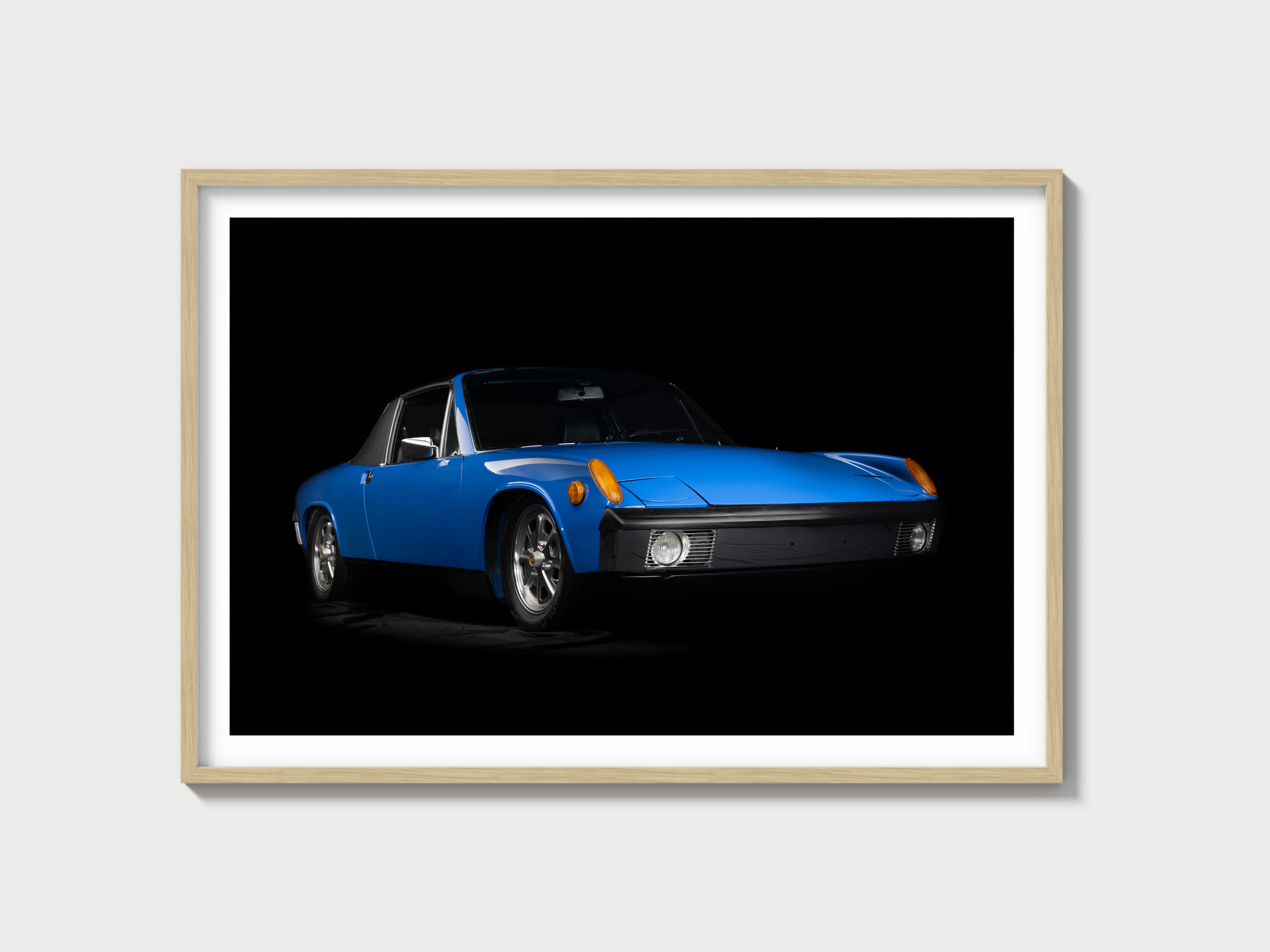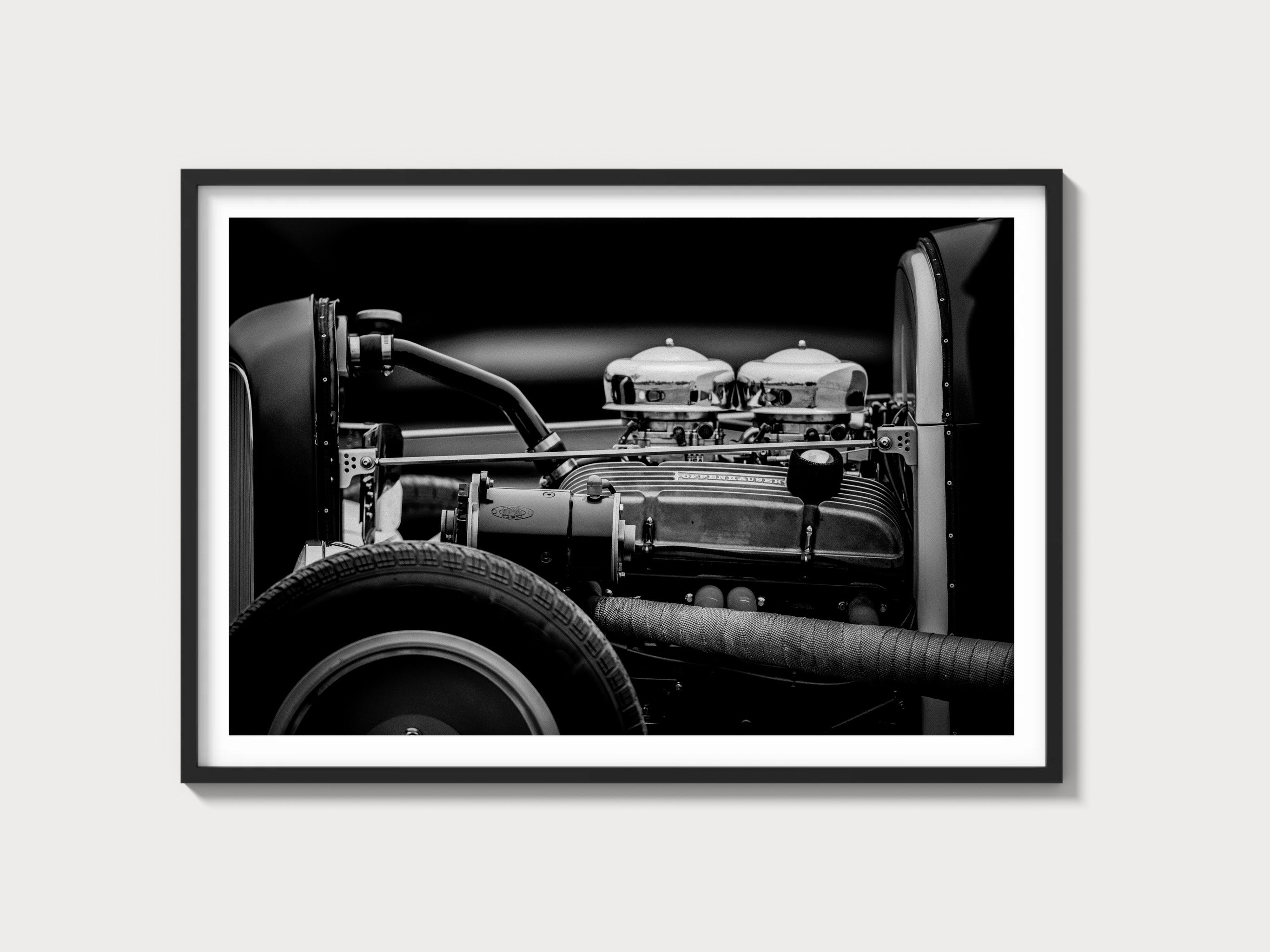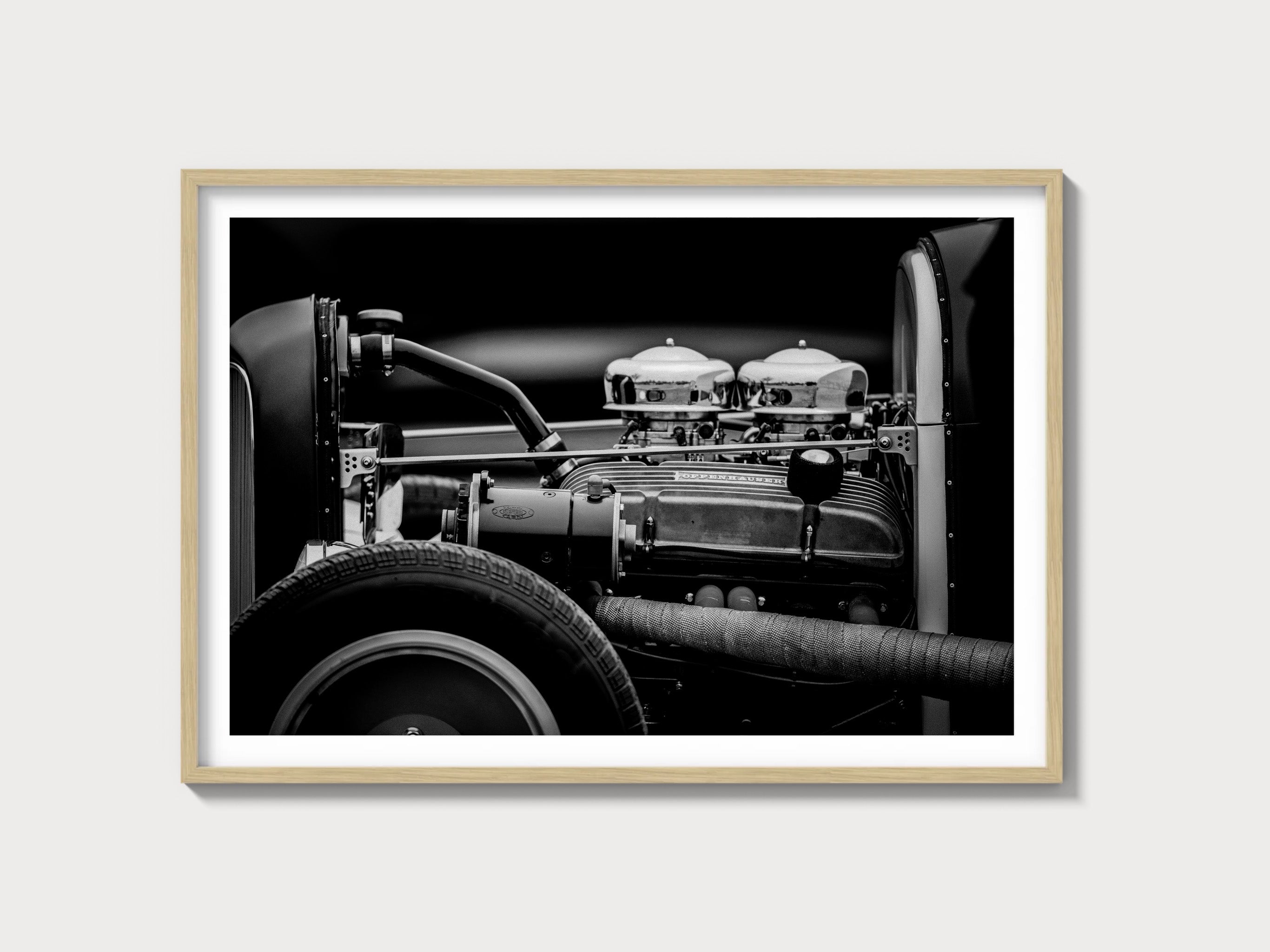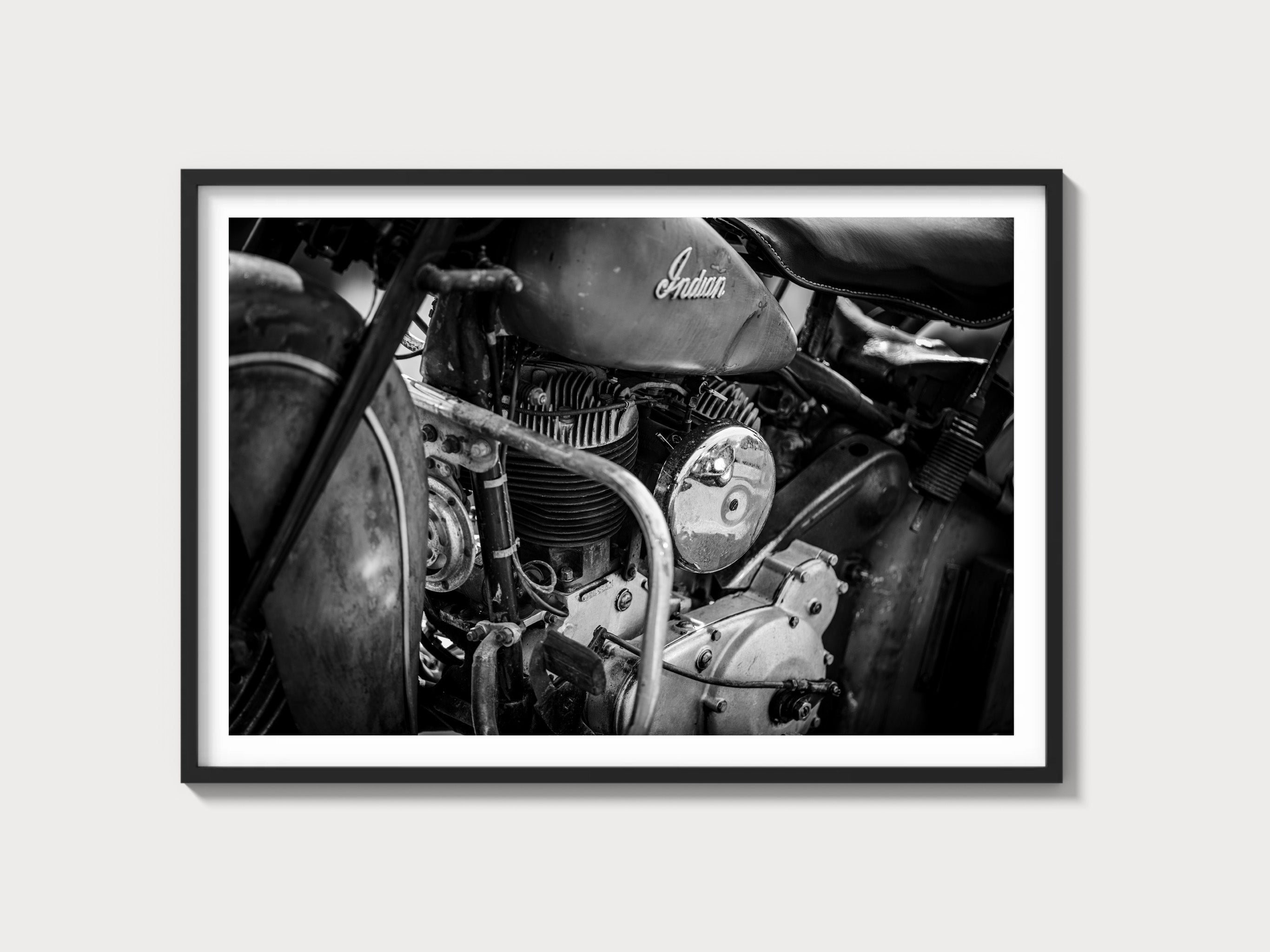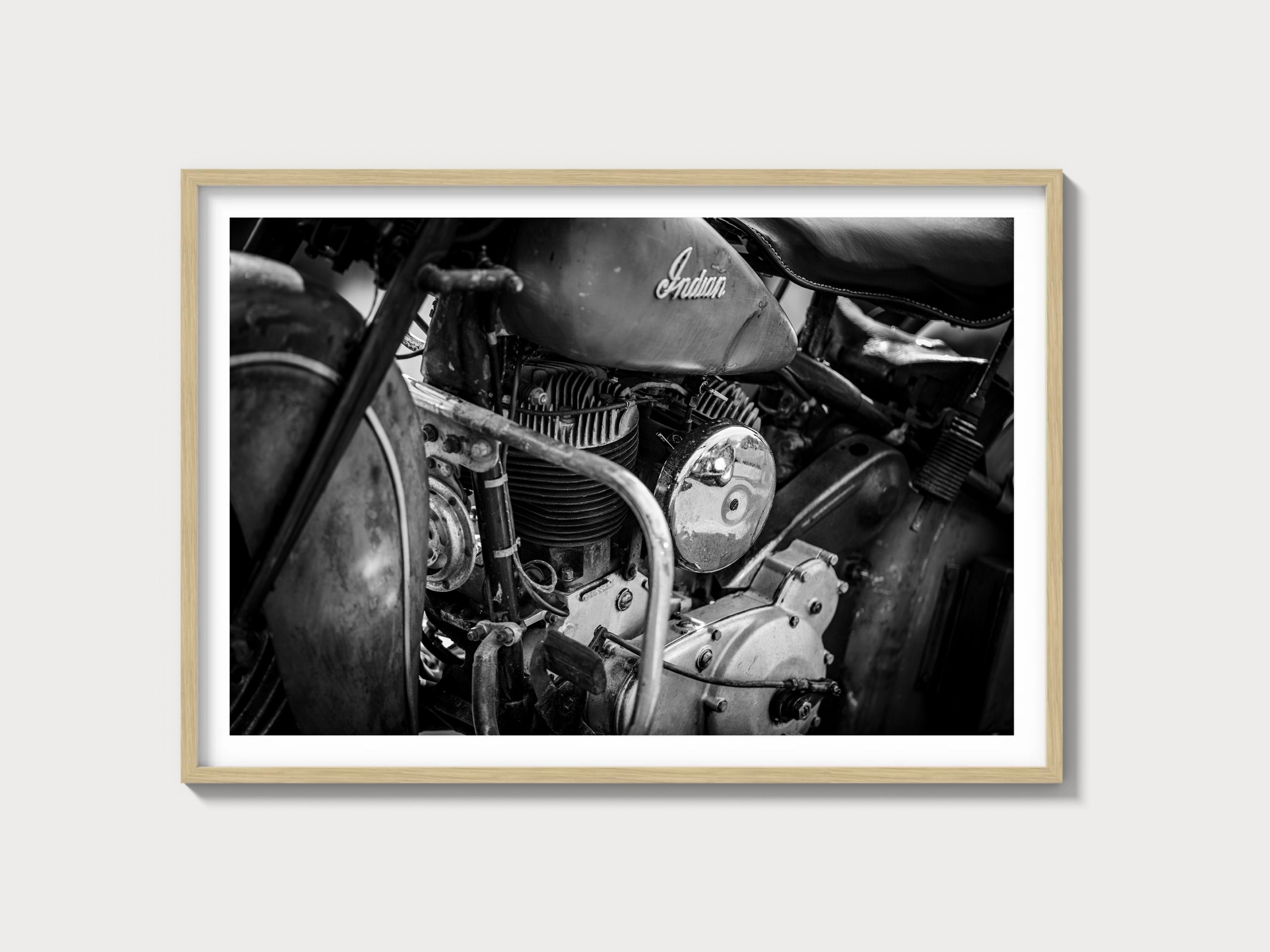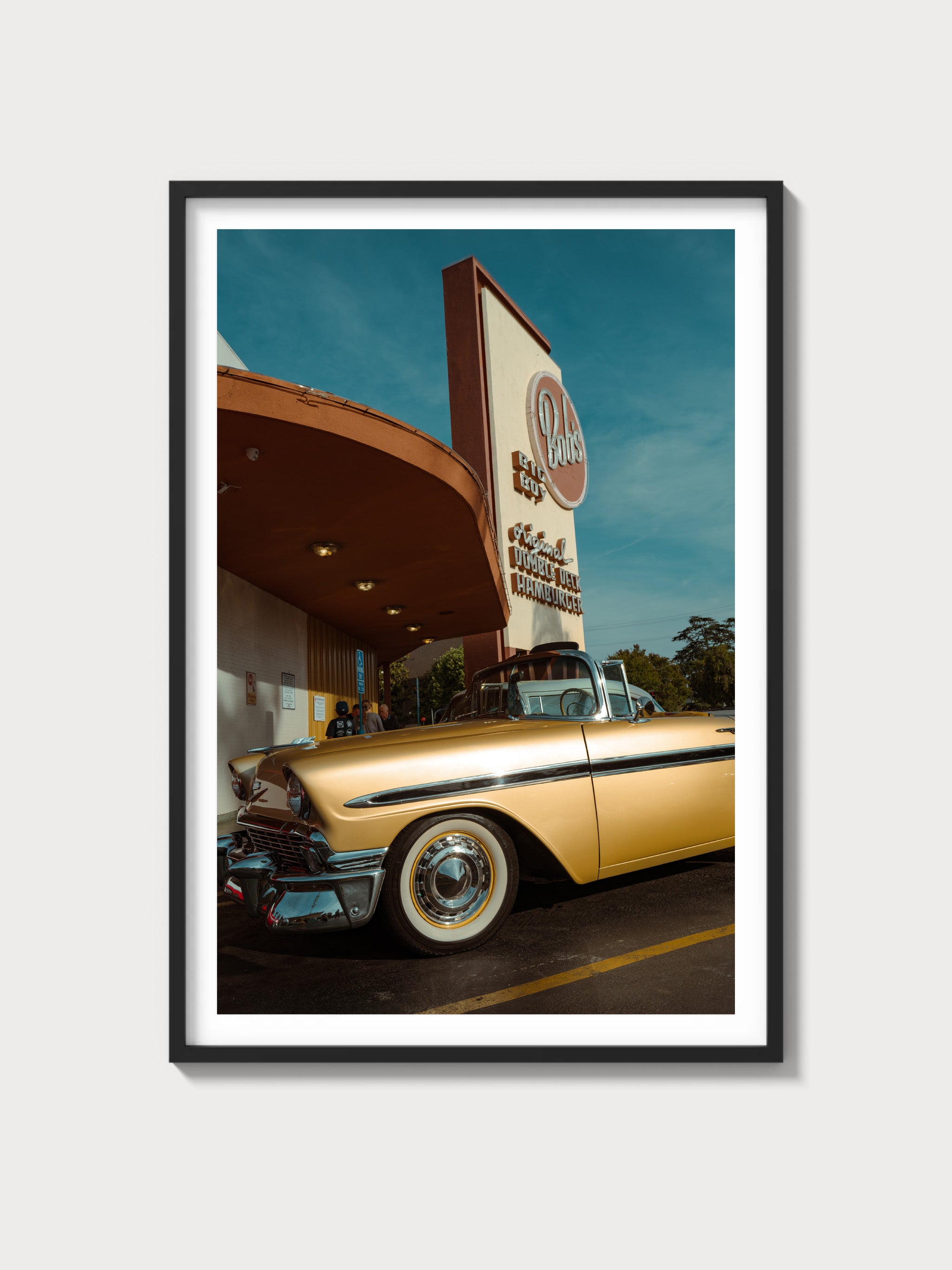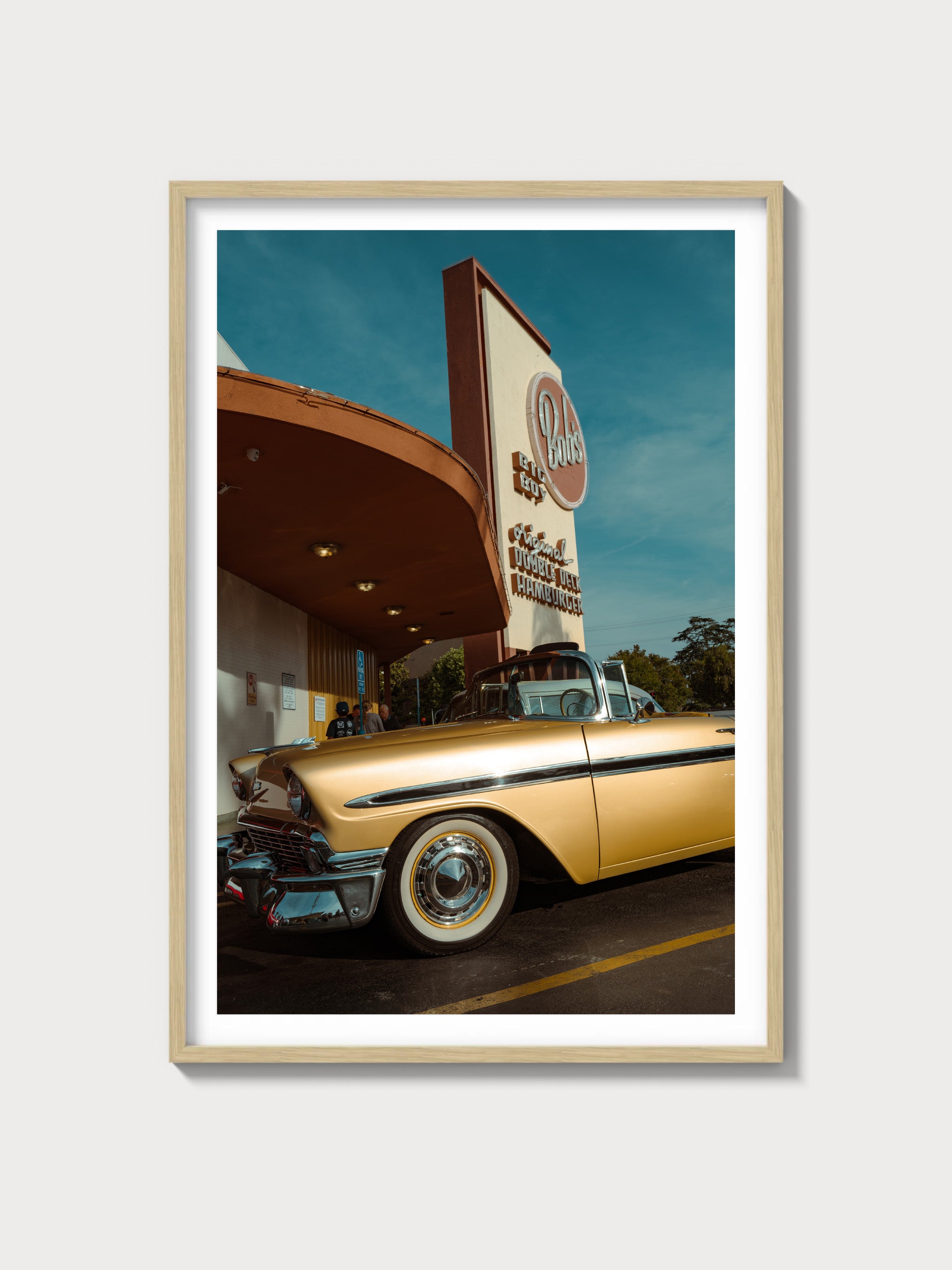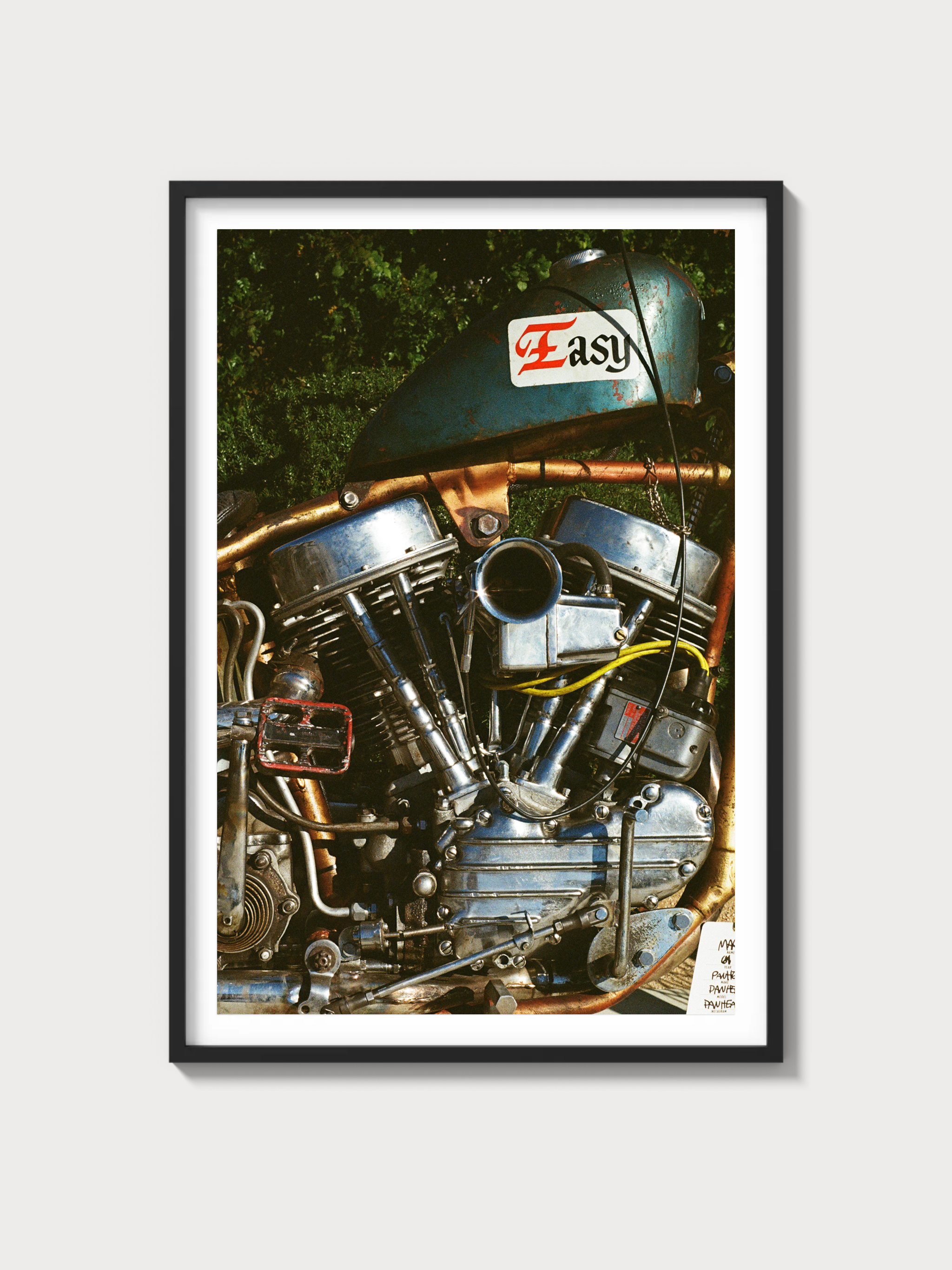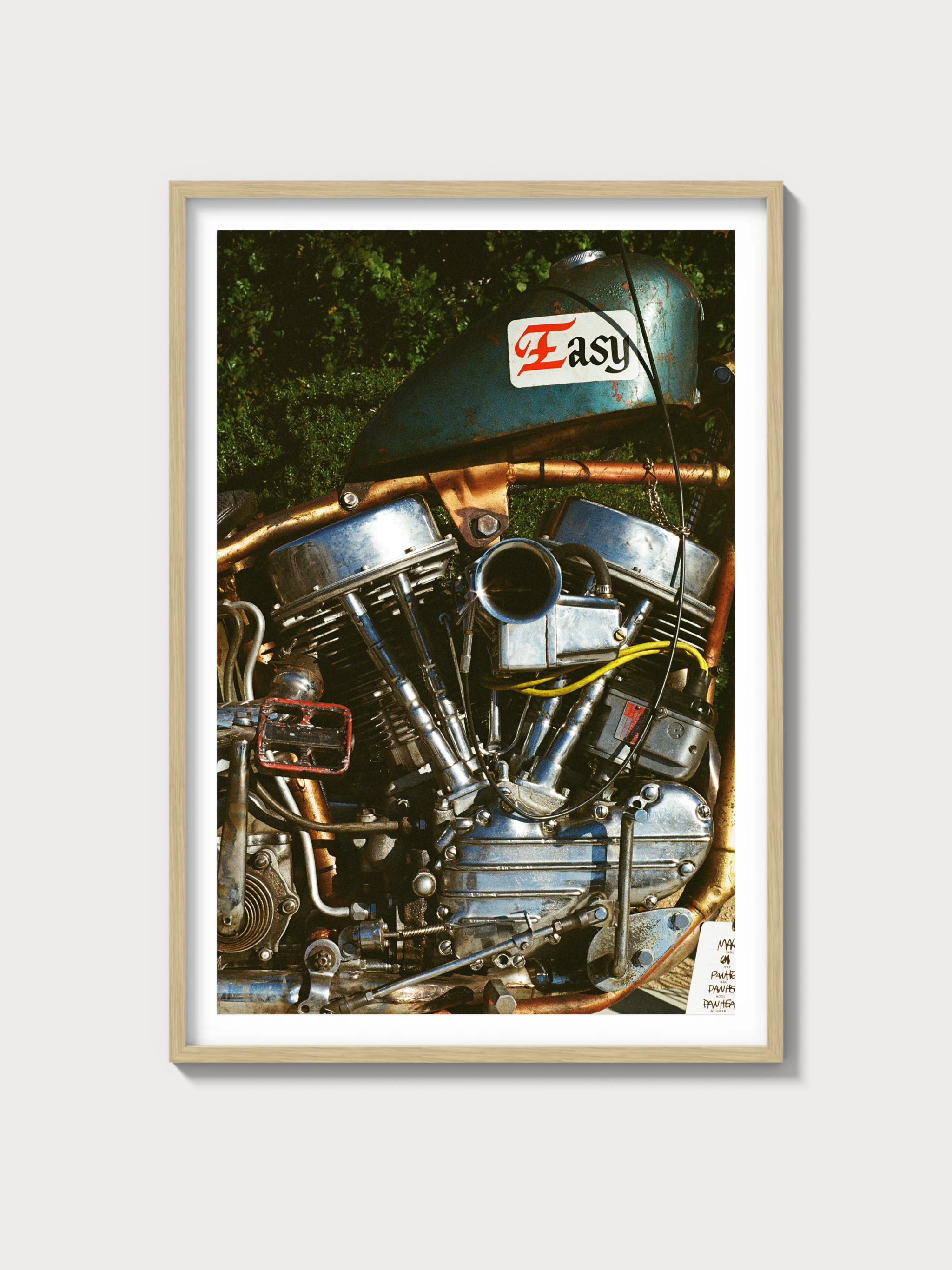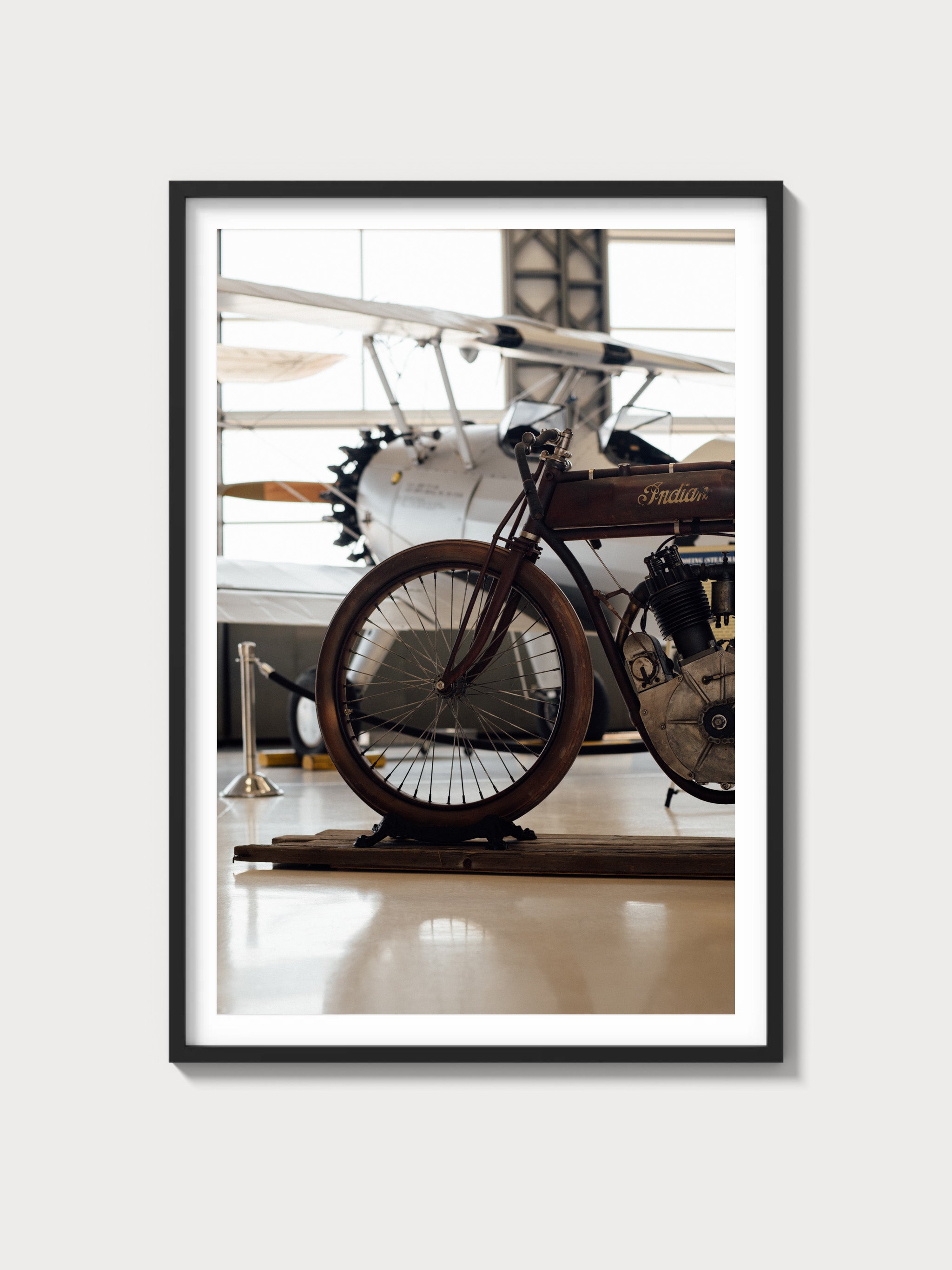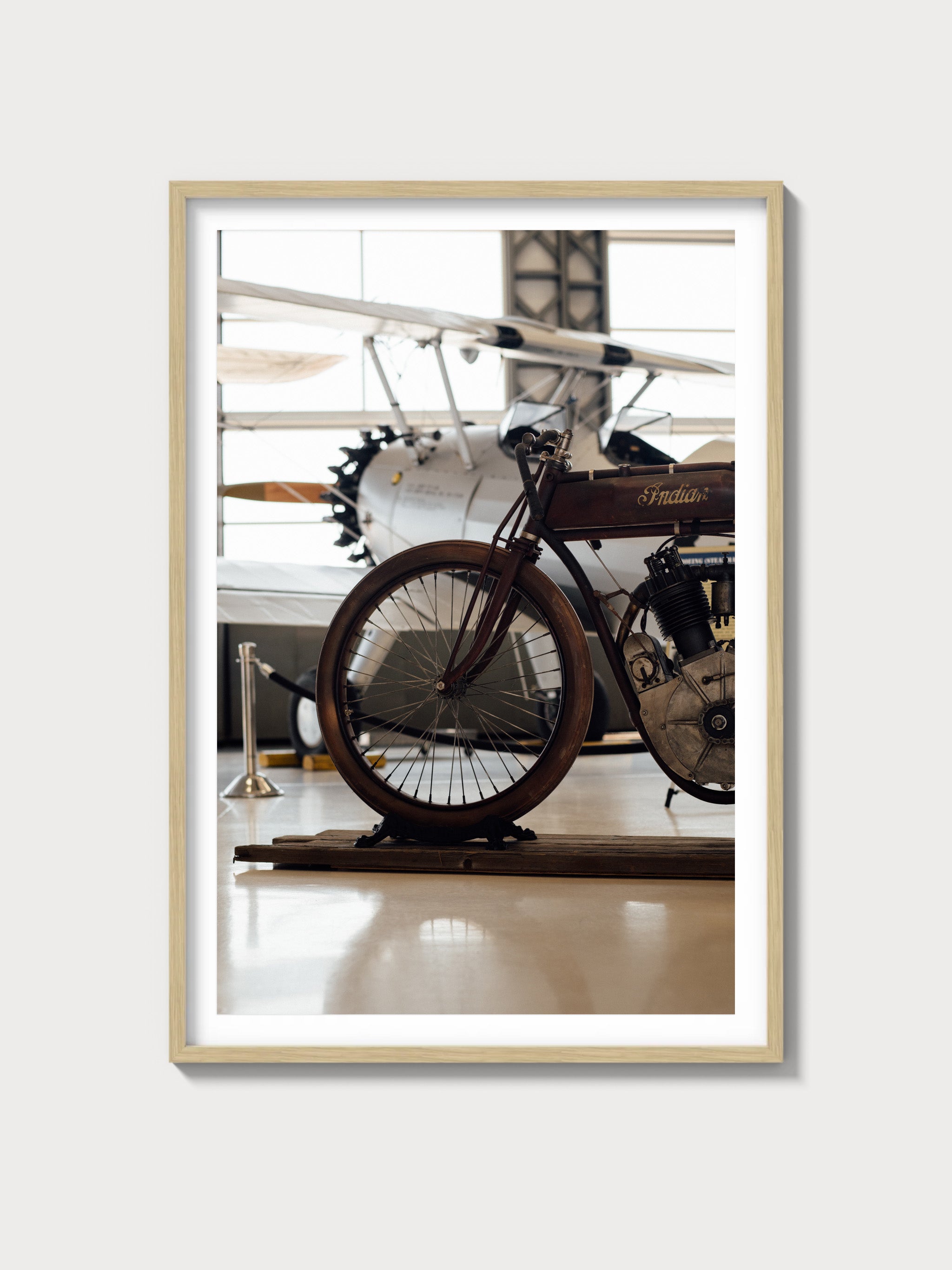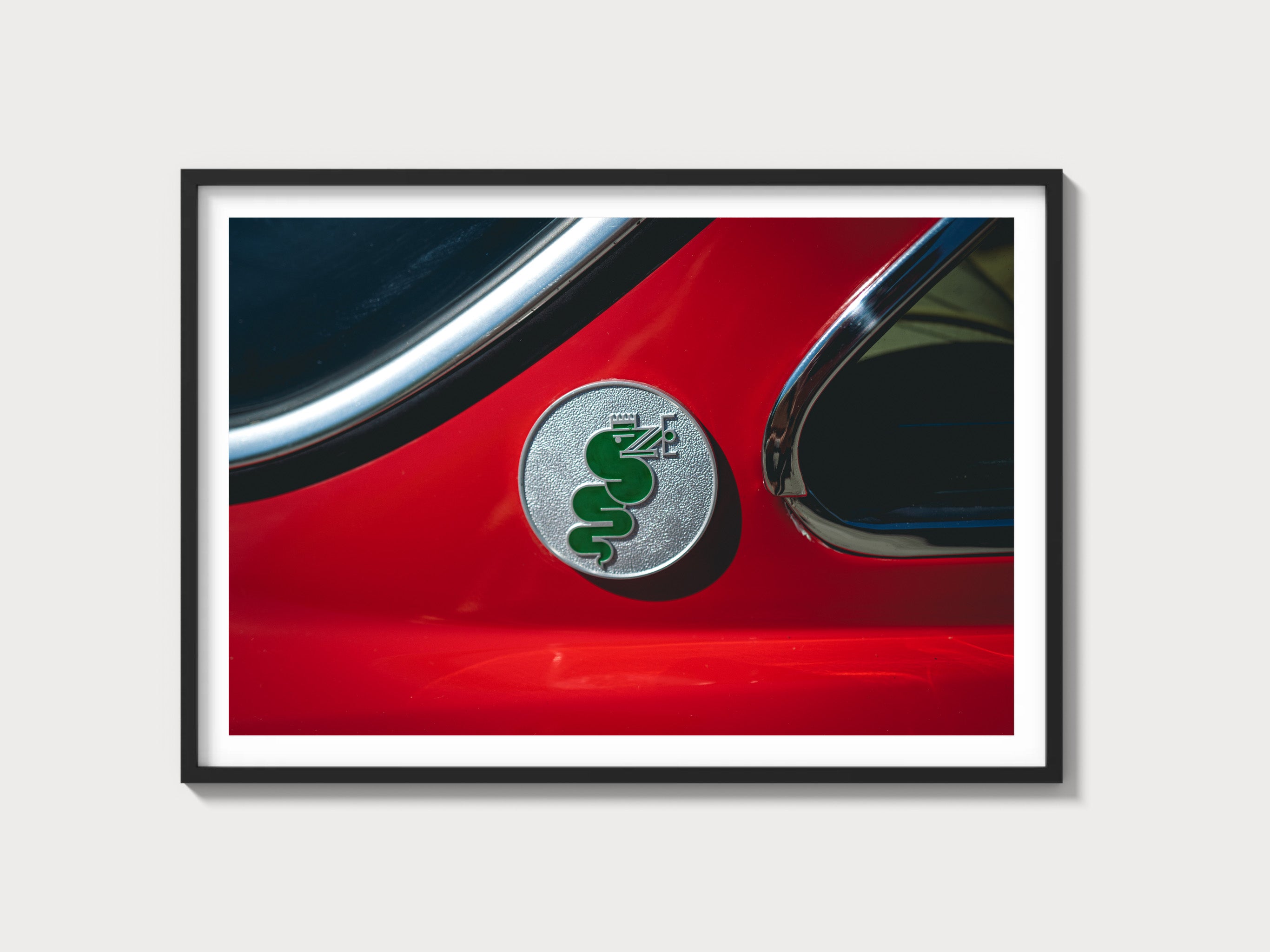The 1983–1992 Ford Ranger Base: A Detailed Examination
Historical Context and Development Background
The Ford Ranger's inception in 1983 marked a pivotal moment in the compact pickup truck segment. Designed as Ford's quintessential response to the growing demand for smaller, more efficient trucks, the Ranger Base emerged as a versatile, utilitarian vehicle. Developed during an era when Japanese automakers like Toyota and Nissan were gaining ground in the U.S. market, Ford's strategy was to provide a domestic alternative that emphasized durability and simplicity. The Ranger's design underpinned its success; conceived with a focus on practicality, it featured a straightforward body-on-frame construction that appealed to both personal and commercial users.
Engine and Technical Specifications
| Specification | Details |
|---|---|
| Engine Configuration | Inline-4 |
| Displacement | 2.0 L |
| Horsepower | 73 HP |
| Induction Type | Naturally Aspirated |
| Redline | 5000 RPM |
| Fuel System | Carbureted |
| Compression Ratio | 9.0:1 |
| Bore x Stroke | 3.68 x 3.13 inches |
Driving Experience and Handling Dynamics
The Ford Ranger Base is not a truck that overwhelms with raw power; instead, it delivers a balanced driving experience defined by its responsive handling and robust suspension. The truck's solid axle and leaf spring rear setup provide a commendable payload capacity while maintaining stability under load. Its 5-speed manual gearbox offers a tactile shift experience, complemented by a light, direct throttle response that suits its utilitarian nature. On the road, the Ranger's steering is direct, allowing for precise maneuvering, particularly useful in urban environments and tight off-road trails.
Full Performance Specifications
| Specification | Details |
|---|---|
| 0-60 | 14 seconds |
| Top Speed | 85 MPH |
| Quarter-Mile | 19.7 seconds |
| Weight | 3200 lbs |
| Layout | Front-Engine, Rear-Wheel Drive |
| Brakes | Front disc/rear drum |
| Suspension | Independent front, live rear axle |
| Gearbox | 5-speed manual |
Variant Breakdown
The Ford Ranger Base was offered in several trims over its production cycle, each catering to different market demands and preferences:
- Standard Base Model: Featured basic amenities and a utilitarian focus, ideal for fleet and commercial use.
- XLT: Added comfort features such as upgraded interior materials and optional air conditioning.
- STX: Geared towards a sportier appearance with unique decals and alloy wheels, appealing to a younger demographic.
Ownership Notes
Owning a Ford Ranger Base from this era involves understanding its maintenance quirks. Parts availability remains strong due to its popularity, but restoration might require sourcing specific components through dedicated forums and enthusiast networks. Regular service intervals, including oil changes and brake checks, are crucial for longevity. While the truck is known for its reliability, attention to rust prevention, especially in older models, is advised.
Cultural Relevance
The Ford Ranger Base has cemented itself as a cultural icon, frequently seen in films and television as the quintessential American pickup. Its desirability among collectors remains steady, with well-preserved examples fetching respectable prices at auctions. While it never achieved significant success in organized racing, its off-road capabilities have made it a favorite in amateur rally and desert racing circuits.
FAQs
- How reliable is the Ford Ranger Base? Known for its durability, the Ranger Base is generally reliable, provided it receives regular maintenance.
- What are the common problems? Rust and wear on suspension components are commonly reported issues.
- Is the Ranger Base a good investment? While not a high-value collector's item, its practicality and iconic status ensure it holds value well.
- What engine options were available? The Ranger Base primarily came with an inline-4 engine, with variations in displacement and power across different trims.




